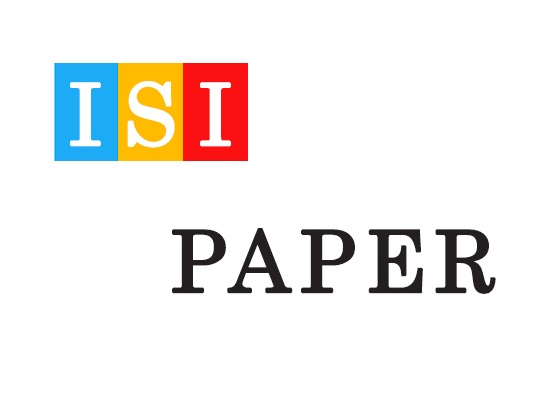دانلود رایگان مقاله ISI درباره فساد و بی اعتمادی در نهادهای سیاسی و اداری اسلوونی
دانلود رایکان مقاله انگلیسی ISI با موضوع مشکلات فساد و بی اعتمادی در نهادهای سیاسی و اداری اسلوونی

عنوان فارسی مقاله:
مشکلات فساد و بی اعتمادی در نهادهای سیاسی و اداری اسلوونی
عنوان انگلیسی مقاله:
Problems of corruption and distrust in political and administrative institutions in Slovenia
دانلود رایگان مقاله ISI با فرمت PDF:
مشاهده توضیحات کامل و خرید ترجمه فارسی با فرمت ورد تایپ شده:
بخشی از مقاله انگلیسی :
2. Corruption in Slovenia
In the last three years, the situation of corruption in Slovenia has significantly changed. In 2009, the police recorded a huge increase in crimes related to corruption, namely 231.4 Most (29%) of these cases were related to taking benefits from illegal intervention and to accepting bribes (Report on Police Work, 2009, 2010). In 2010 there were 71 such crimes and 86 in 2011. In 2010, 2011 the most corrupt acts were related to giving and receiving bribes (68% and 51%) (Reports on Police Work, 2011: 38 and 2012: 65).5 If we look at the Transparency International index, we can see that Slovenia in 2009 achieved a score of 6.6, and in 2010 (the last measurement), a score of 6.4. Despite the fact that the result of the Republic of Slovenia in the last two years is decreasing, it still stands that this result is satisfactorydespecially on a global scaledwhile among EU members it is located slightly below average. In sharp contrast with the estimates of the Transparency International Corruption Perception index6 are the estimates of the Slovenian population. In order to correctly present the perception of the extent of corruption in Slovenian society, we must present the results of the ‘Viewpoints on Corruption 2008’ 7 public opinion poll (Kurdija, 2009), which was conducted by the Centre for Public Opinion Research and Mass Communications at the Faculty of Social Sciences in Ljubljana. This was the special survey on corruption in Slovenia that has been carried out every year since 2002; the data gathered by it will not only help assess the current extent of corruption, but also support further research on the phenomenon.


